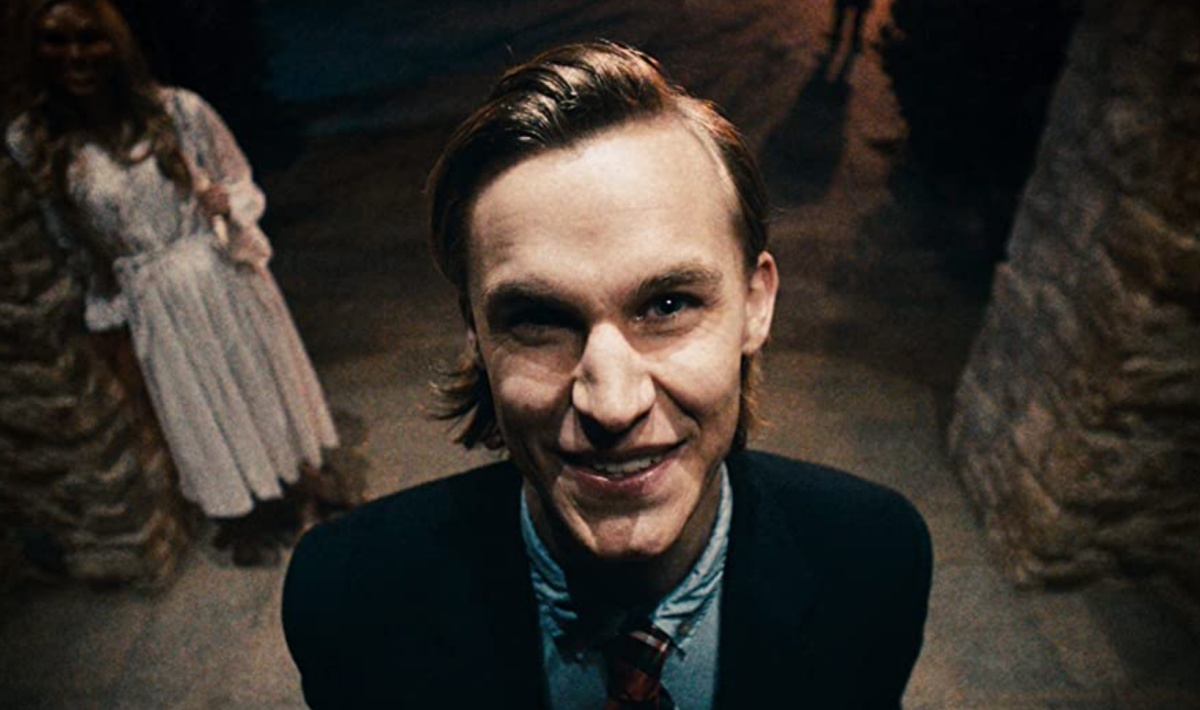How Does The Purge Hold Up in 2021? Too Well.

Before it was a franchise, The Purge was a 2013 standalone film that was more about a family surviving a home invasion than Class Warfare Discourse: The Series.
Created by James DeMonaco and inspired by the Star Trek episode “The Return of the Archons,” the first film sets up a near-future America in which a nice white family finds themselves under siege during the “Purge,” the one day of the year all crime is legal, including murder. Our nice white family is made up of Ethan Hawke, Lena Headey, Adelaide Kane, and Max Burkholder. I was in the theater for Adelaide Kane.
The backstory is that, in 2014, the “New Founding Fathers of America” were voted into office following an economic collapse, and passed a law allowing this annual event, where people have decided to cull the poor. The results are that, by 2022, the United States has become virtually crime-free, and unemployment rates have dropped to 0%.
James Sandin (Hawke) is a rich man in a gated community who plans to wait out the Purge with his wife Mary (Headey) and their children, Zoey (Kane) and Charlie (Burkholder), while in these intense security bunkers. Everything should be fine—money insulates from murder—except Charlie sees a Black man being chased and lets him into the house.
Unfortunately for the Sandin family, this man was being hunted by the new cast of Gossip Girl. They threaten the family with harm unless they agree to capture and release the man.
In 2013, this movie seemed farcical to me. We were still in the Obama years, and while it was still bad, I think our expectations of shared humanity were slightly different. At the time, I just felt like the idea was too silly. People don’t want to harm other people so badly that something like this would be appealing.
*Laughs in bitter 2021 knowledge.*
At the time, DeMonaco said, “If it sparks any kind of discourse about violence in society, I think that’s a good thing. If people just enjoy it, great. But if they want to talk about violence, guns in our society, that’s great, too.”
The Purge, in a Cassandra way, grew into its thesis. With the country becoming more and more fractured at a base level—with rising white nationalism, the pandemic, the riots at the Capital, and everything that has come in the almost decade since the film has released—it has become scarier. The movie itself is pretty basic in terms of its thrills. There aren’t that many interesting deaths, and the ending twist is fun, but only in retrospect as the idea evolved over years.
The performances of the masked invaders still give me chills, especially Rhys Wakefield as “Polite Leader.” But I think the saddest thing about revisiting the movie was realizing that in 2013, fresh out of college, I really had faith in my fellow man’s ability to care about each other that The Purge would only be a strange semi-political film. Now, it feels like a haunting look at something that I’m sure quite a few people would love to engage in.
That is the true horror.
(image: Universal Pictures)
Want more stories like this? Become a subscriber and support the site!
—The Mary Sue has a strict comment policy that forbids, but is not limited to, personal insults toward anyone, hate speech, and trolling.—
Have a tip we should know? tips@themarysue.com